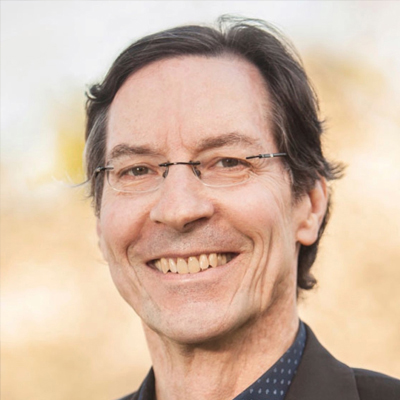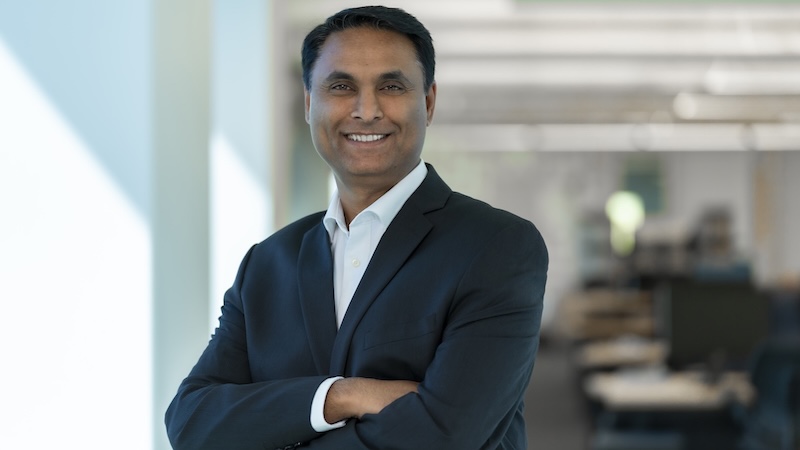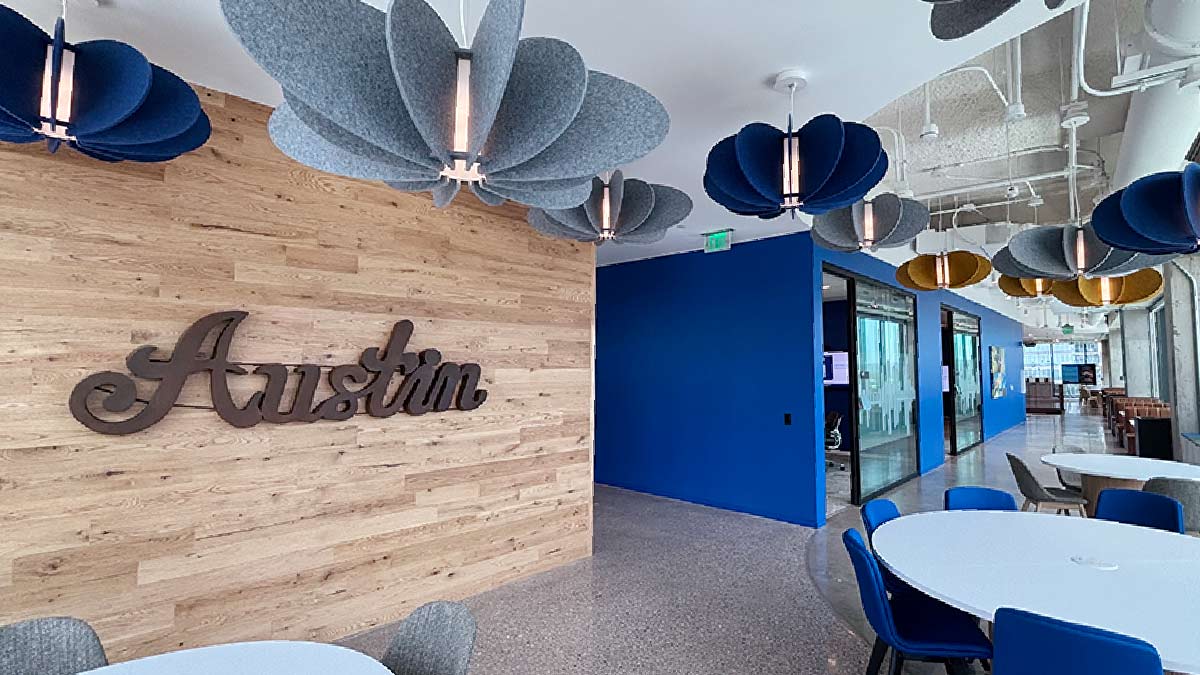Innovation takes more than coding and hardware. It also demands a deep understanding of how humans will interact with technology, what problems it needs to solve, and which unintended challenges it could in turn create.
At Cisco, Lizbet Simmons is helping to ensure that all products and solutions align with the company’s core purpose — powering an inclusive future for all. As a senior anthropological and futurist researcher, she looks back at those fundamental human needs and values that rarely change, and forward to the megatrends and upheavals that will continue to disrupt and transform our lives. It's a future in which she believes Cisco can help people not just to adapt, but thrive.
In a wide-ranging interview, Simmons shared her humanistic view of technology change and the kinds of company cultures that will support a great future of work.
Q. Thank you, Lizbet! For starters, you may have the all-time coolest job title at Cisco. How do you define your role?
A. I am a senior anthropological and futurist researcher. At Cisco, I’m part of the Voice of the Customer and Editorial Strategy teams. I’m focused on a human-first experience. Cisco is going to power an inclusive future for all. So, we need to be able to meet people with their needs, and with their values. My goal is to focus on what people need now, and in the future — and to reveal those values in my work.
Q. So, as an anthropologist you are looking back to some very fundamental human qualities and values, and as a futurist you are anticipating coming changes and how they will affect people?
A. Yes, like in any good relationship, it’s about understanding. We’re going to need good relationships with our customers. And in a good relationship you get to know someone so well that you can anticipate their needs. That’s where we have to be as an organization. I put the anthropological work and the futures work together — to understand what people need now and what they’re going to need in the future.
Q. Cisco is big driver of one of the biggest shifts happening today: hybrid work. How are you supporting that?
A. As an anthropologist and a sociologist, I approach this by considering what we know about people. Well, humans connect, and are inherently social. It’s an important part of the human experience. Those are human values that don’t change. But in terms of hybrid work, how we work, where we work, and when we work is changing more quickly than any of us could have imagined. What doesn’t change is our need to be fully human and to connect with each other. So, we need to design technology that will allow us to reimagine work, but we also need to look at just what humans need and how they find meaning in their work.
Another example is that, as humans, we need to spend time outdoors. So, we’ve been asking, what would hybrid work look like outdoors? And what does that mean in terms of innovation around sound capture or outdoor light.
Q. What are some of the key factors that will make hybrid work successful?
A. I’m doing some inquiries around flexibility and choice, and how people increasingly need to have a sense of agency around work/life balance. People are wanting to choose where they work, when they work, and how many hours they work. They’re having a very positive experience with this flexibility and choice. And if you’re meeting your customers’ or employees’ needs by empowering them to design their own work system, it leads to productivity, as well as a great degree of job satisfaction, happiness, and better mental health. But it comes down to that sense of belonging and that connection. If people are still feeling isolated, we need to work out systems where people feel included from wherever they are — and that’s how we will power an inclusive future for all.
Q. How do you see hybrid work evolving in the next few years?
A. I have a study on the future of work in the pipeline that would look at the conditions of the future work and how we will need to innovate. To look at what the opportunities are as well as some of the challenges that we will face. For example, as hybrid work is happening, there’s also urban-out migration. People are moving away from cities. But we need a futurist and anthological perspective so that when we’re solving problems, we’re not creating other problems that we haven't anticipated. Because to power an inclusive future for all, we need to take into account what this would mean for not only individual workers or companies, but for communities. What does it mean for large cities across the world? And what does it mean for rural communities? These are large changes, and we want to be able to get ahead of them and ask the right questions.
Q. For hybrid work to be truly transformative, how much will it depend on culture change in additional to technology? And what is Cisco’s role?
A. We need to be a partner in building great technology, but the people who are using those technologies must have a culture in which they can thrive. Cisco has done that in in its own company. The conscious culture of Cisco is an incredible model of how to build the kinds of inclusivity that we need — to be a productive organization, but also a connected, engaged, and creative organization.
Q. How will some company cultures need to change?
A. There is still a sense for many hybrid workers that the companies are watching them do their work and keeping ever-closer tabs on them. When does that little green light go on? When is it off? What are their working hours? That kind of surveillance feels undermining. We need to create a culture of trust where people feel like they can do their best work. Cisco shows that it’s possible to have a high level of trust with a shift in scale. Our orientation is shifting toward forward-looking metrics of success. We’re looking at outcomes and studying outlooks. This shift in orientation is an important part of Cisco’s transformation to a subscription model. A futurist approach to research supports this forward-looking orientation and positions us to be innovators and visionaries.
Q. It sounds like you’re quite optimistic about the future of work.
A. I am very optimistic about what we can do together. I take Cisco’s charter of Powering an Inclusive Future for All very seriously. When we pair that promise with Cisco’s Conscious Culture, I think we have a lot to be optimistic about.
###




